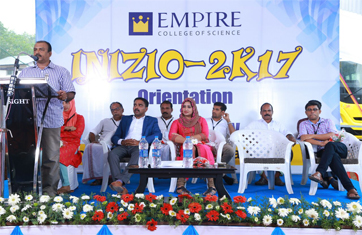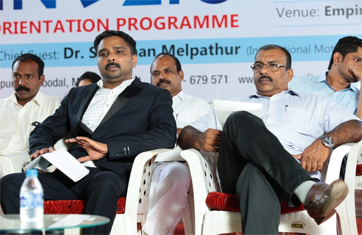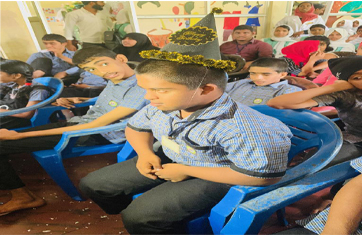THE NEW EDUCATION POLICY

- 11 Aug
- 2020
A few days back, a new National Education Policy was cleared by the union cabinet which proposed a new education format(5+3+3+4) altering the existing one of 10 +2 format entirely. The current education policy was implemented in the year 1986.
What is NEP?
A NEP is a set of rules and regulations by which the education system of a country works. The current education policy follows a 10 +2 format of the education system. We implemented the educational policy to guide the education system in a systematic way to provide the right education for the citizens. The first education policy was passed in India in the year 1968 when Indira Gandhi was the Prime Minister. The second was passed in 1986 when Rajiv Gandhi was the Prime Minister. The second education policy was further revised in the year 1992. The latest proposed education policy is the third one.
NEP 2020
It proposes a disparate system of education which opens up Indian higher education to foreign universities, breaks up the UGC and All India Council for Technical Education and introduces a 4-year undergraduate program with multiple exit options. This system also mandates to teach students up to 5th standards in the medium of the local language. The education policy can be divided into the following stages;
- Foundational Stage - It includes the primary education for the age group of 3 - 8 years. It is a combination of two phases, 3 years of Anganwadi/Pre-school and 2 years of primary school(classes 1 & 2).
- Preparatory Stage - It includes the education of children from the age of 8 - 11 years, classes 3 to 5.
- Middle Stage - It includes the education of children from the age of 11 - 14 years, classes 6 to 8.
- Secondary Stage - It includes the education of children from the age of 14 - 18 years, includes two phases.
A 3 or 4-year undergraduate degree program is designed, with multiple exit options. If a student drops out from the college after the completion of the first year of college, he/she will be issued a certificate in the particular course. If one drops out after completion of 2 years, he/she will be awarded a diploma certificate or a degree certificate, in case of a drop out after completing 3 years of the program.
One of the advantages of this policy is it tries to reduce the number of dropouts. It makes it easy for a student to join back the course. It is a flexible system of education which helps a student to choose subjects according to his/her talents. It aims at giving equal importance to all subjects with the integration of vocational and academic streams in school. Open and distance learning system of education will be expanded. Financial support will be extended to students belonging to OBC and other reserved categories. It encourages institutions and universities to become multidisciplinary.
Here, at Empire College of Science, Malappuram, the best paramedical college in Kerala, we provide several degree and diploma courses for you to build a successful career. Contact us for the details of courses and admission.
Visit our website:https://www.empirecollege.in/





